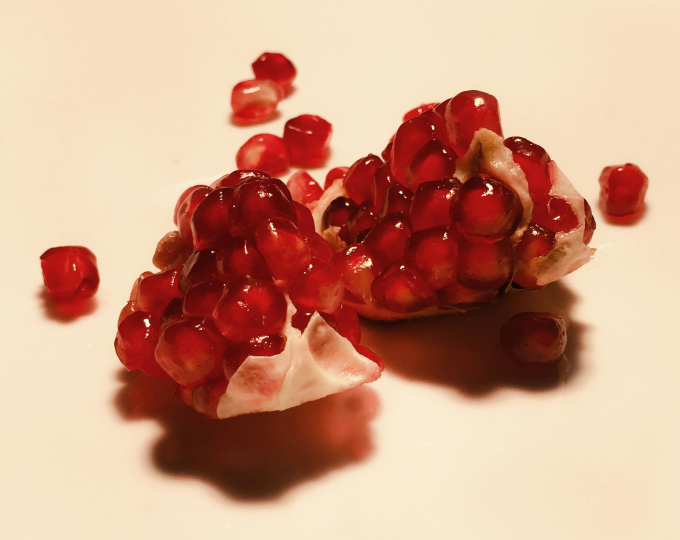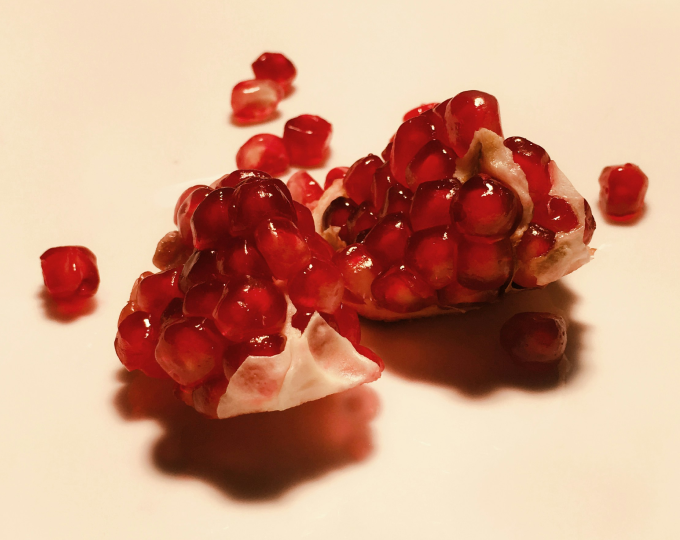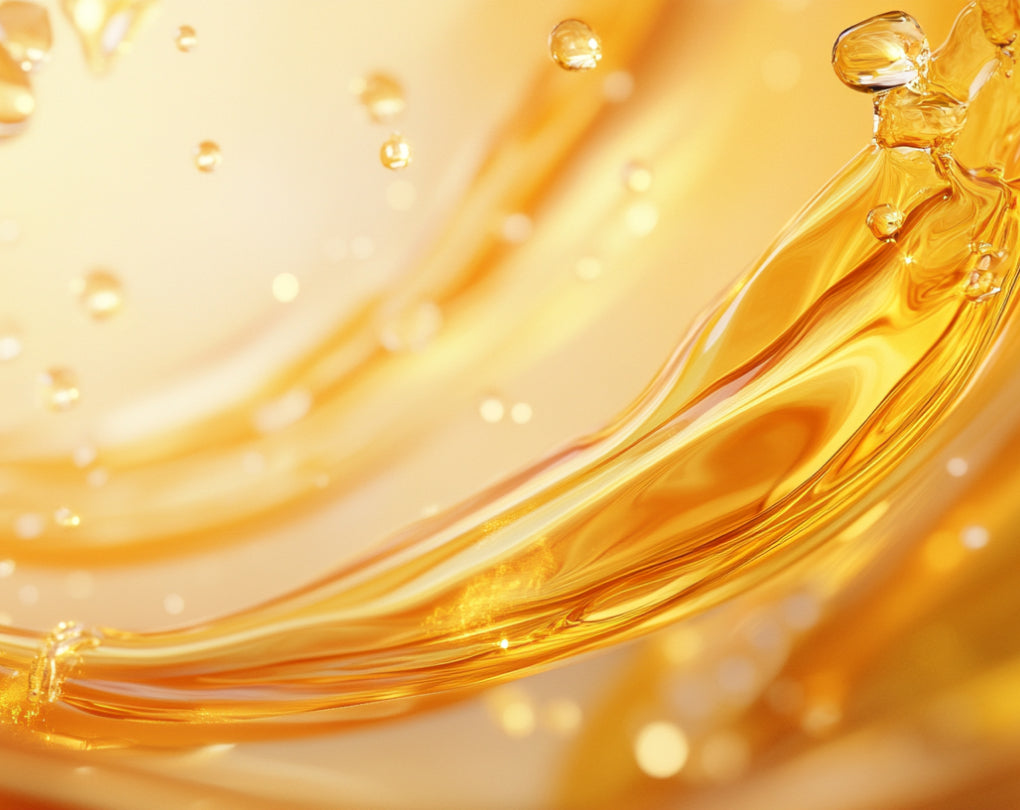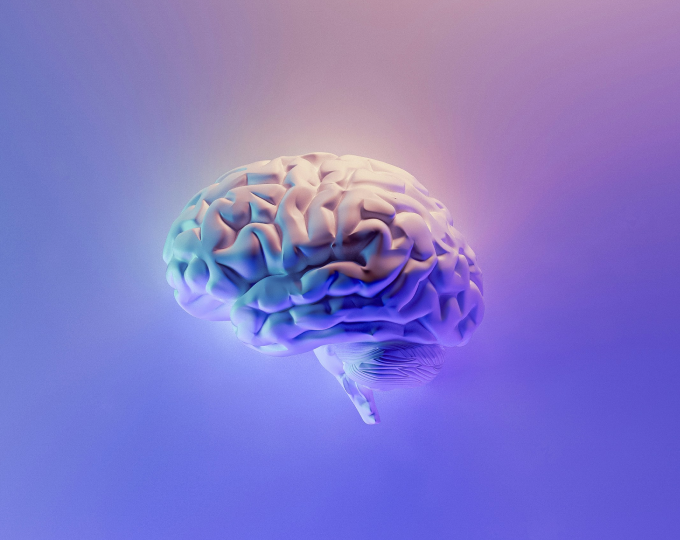Themen dieses Blogartikels:
Table of contents
- Definition: What is Resveratrol?
- What functions does the plant substance resveratrol have?
- Resveratrol natural antioxidant?
- What makes resveratrol unique?
- Does resveratrol have anti-aging effects?
- When do you especially need resveratrol?
- Does resveratrol have any health benefits?
- What should you pay attention to when taking resveratrol?
- Which foods contain particularly high levels of resveratrol?
Definition: What is Resveratrol?
Resveratrol belongs to the large group of secondary plant substances, more specifically to the polyphenols. In 1963, the organic compound was first isolated from the roots of the Japanese knotweed (Polygonum cuspidatum). Later, it was also found in grapes.¹ In its pure form, resveratrol is a white solid that is readily soluble in alcohol and oils and to a limited extent in water.² In nature, the substance occurs in more than one form - namely as trans-resveratrol and cis-resveratrol and in their respective glucosides.³
What functions does the plant substance resveratrol have?
Resveratrol is a phytoalexin. This is the name given to antimicrobial compounds produced by plants to ward off fungal infections and other parasites.⁴ However, this protective molecule is also produced in increased quantities when negative environmental influences such as strong UV radiation or increased ozone pollution put the plant under stress.⁵
Advertisement
-
Over 25 nutrients and plant substances to protect your body
With the premium natural substances Resveratrol, vital mushroom Ling Zhi & Chaga and Quercetin (Chinese angelica)
Supplemented with zinc & selenium
Grape seed with OPC, coenzyme Q10 & MSM
No fillers or flavors
Developed with doctors & experts
Vegan & vegetarian
Free from Gluten & Lactose

Resveratrol natural antioxidant?
Resveratrol is one of the antioxidants: the substance is able to neutralize free radicals and thus prevent cell damage.⁶ Health-promoting effects and other benefits for the human body are also being discussed. Research is currently being carried out into the extent to which trans-resveratrol has a positive effect on vascular diseases such as arteriosclerosis.⁷
Resveratrol’s potential could also be considered for supportive therapy in cardiovascular diseases and even cancer.⁸
What makes resveratrol unique?
As a phytoalexin, resveratrol protects the fruits of the plant from premature ripening and weathering. The secondary plant substance therefore increases the survival time of the plant.⁹ Whether resveratrol also has positive effects on human longevity is currently the subject of research.
Advertisement
Over 17 nutrients and plant substances for your physical well-being
With the premium natural ingredients resveratrol, quercetin, nettle, dandelion & broccoli
Supplemented with Vitamin C & Selenium, MSM & L-Cysteine
Grape Seed with OPC & Cranberry Extract
No fillers or flavors
Developed with doctors & experts
Vegan & vegetarian
Free from Gluten & Lactose

Does resveratrol have anti-aging effects?
A study on tissue samples has already shown that resveratrol can stop inflammatory cells. In animal experiments with mice, the administration of the plant substance was able to extend the rodents' lifespan.¹⁰ However, it is still unclear to what extent the results of these studies can be transferred to humans. The exact effect of resveratrol on the human body is currently still being researched.
As early as the 1990s, it was observed that mortality from cardiovascular diseases such as heart attacks was comparatively low in France. This is despite the fact that people there consume more saturated fatty acids and red wine than other countries. This phenomenon is called the "French paradox". Resveratrol, which is contained in wine, is discussed as a possible cause of the longevity of the French.¹¹
When do you especially need resveratrol?
So far, the German Nutrition Society (DGE) has not recommended intake levels for secondary plant substances such as polyphenols. According to nutrition experts, trans-resveratrol and co. are not essential nutrients. Nevertheless, these substances can have positive effects on health.
Does resveratrol have any health benefits?
Trans-resveratrol is believed to have various health-promoting properties, including antioxidant, anti-inflammatory, and anti-carcinogenic properties.¹² The secondary plant substance may also have a supportive effect on heart health, the treatment of various diseases, and weight loss.¹³
If you'd like to learn more about other micronutrients that can also have a positive impact on your well-being, check out our micronutrient encyclopedia, where we also cover other vitamins such as vitamin C, vitamin B, and other exciting nutrients. Visit our micronutrient encyclopedia to learn more:
Foods with a particularly high level of resveratrol
Resveratrol is found in plants, especially in the skins of red berries - including lingonberries, currants, cranberries, strawberries, raspberries, blueberries and grapes. The chemical compound is also found in grape juice, red wine, rosé wine and, to a lesser extent, white wine. Other foods such as peanuts and cocoa are also good natural sources of polyphenols such as resveratrol.


What should you pay attention to when taking resveratrol?
If you take trans-resveratrol as a dietary supplement, be sure to follow the recommended consumption on the packaging. Ingesting larger amounts of the substance, i.e. 2 to 5 grams daily, can cause side effects such as gastrointestinal problems, e.g. nausea and diarrhea. Please also note that there is a risk of interactions when using dietary supplements if you are taking medication. If in doubt, speak to your doctor before taking a product containing trans-resveratrol. It is not recommended for pregnant or breastfeeding people.¹⁴
Conclusion
Resveratrol is a fascinating phytochemical found in various foods such as grapes, berries and red wine, and is known for its antioxidant properties. Although resveratrol is still being studied extensively in research, it shows potential as a natural protector against oxidative damage and inflammation. Although there are no specific recommendations for daily intake, resveratrol can be beneficial as part of a balanced diet and in moderate amounts. When taking supplements, always pay attention to the recommended dosages to avoid potential side effects.
This encyclopedia entry is based on carefully researched sources:
Bibliography & Sources
- chemie.de/lexikon/Resveratrol.html
- vitalstoff-lexikon.de/Sekundaere-Pflanzenstoffe/Resveratrol/Definition-Synthesis-Resorption-Transport-und-Distribution
- chemie.de/lexikon/Resveratrol.html
- spektrum.de/lexikon/biologie/phytoalexine/51632
- vitalstoff-lexikon.de/Sekundaere-Pflanzenstoffe/Resveratrol/Functions
- utopia.de/ratgeber/resveratrol-how-effective-ist-der-sekundaere-pflanzenstoff_168787/
- flexikon.doccheck.com/de/Resveratrol
- sportaerztezeitung.com/rubriken/kardiologie/15080/resveratrol/
- sportaerztezeitung.com/rubriken/kardiologie/15080/resveratrol/
- aerzteblatt.de/nachrichten/58633/Resveratrol-Study-finds-no-reference-to-health-benefits-of-red-wine-ingredients
- utopia.de/ratgeber/resveratrol-how-effective-ist-der-sekundaere-pflanzenstoff_168787/
- vitalstoff-lexikon.de/Sekundaere-Pflanzenstoffe/Resveratrol/Functions
- medwiss.de/2022/08/11/resveratrol-zum-losing-weight/
- klartext-futterrgaenzung.de/wissen/lebensmittel/futterrgaenzmittel/fuer-immer-jung-mit-resveratrol-oder-opc-13389




















